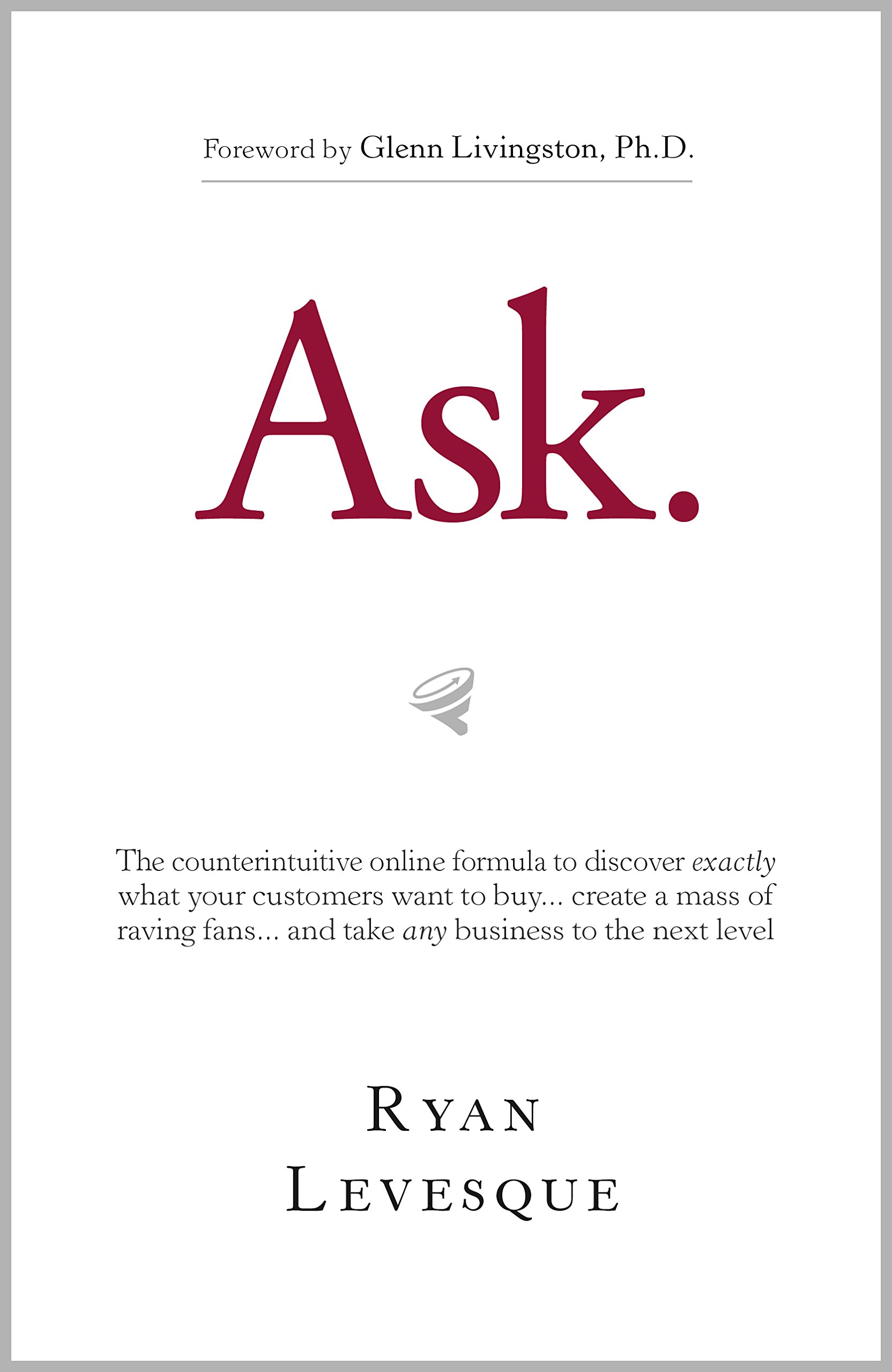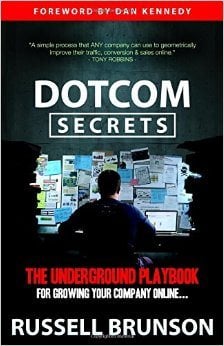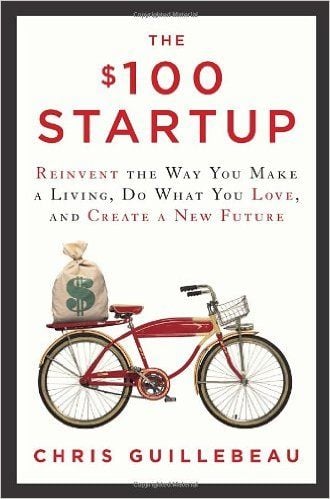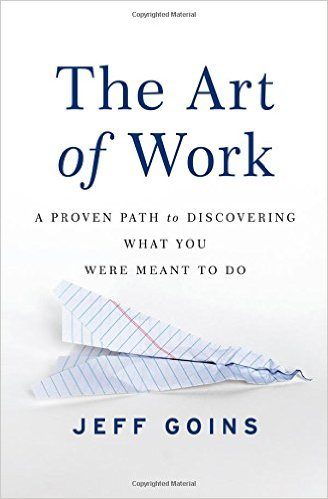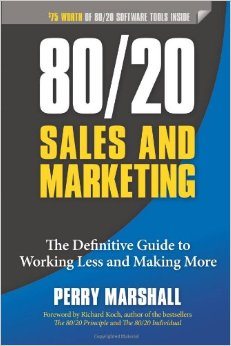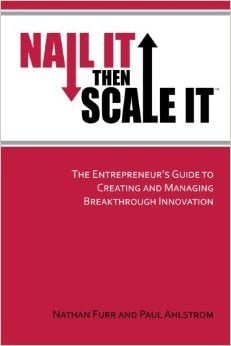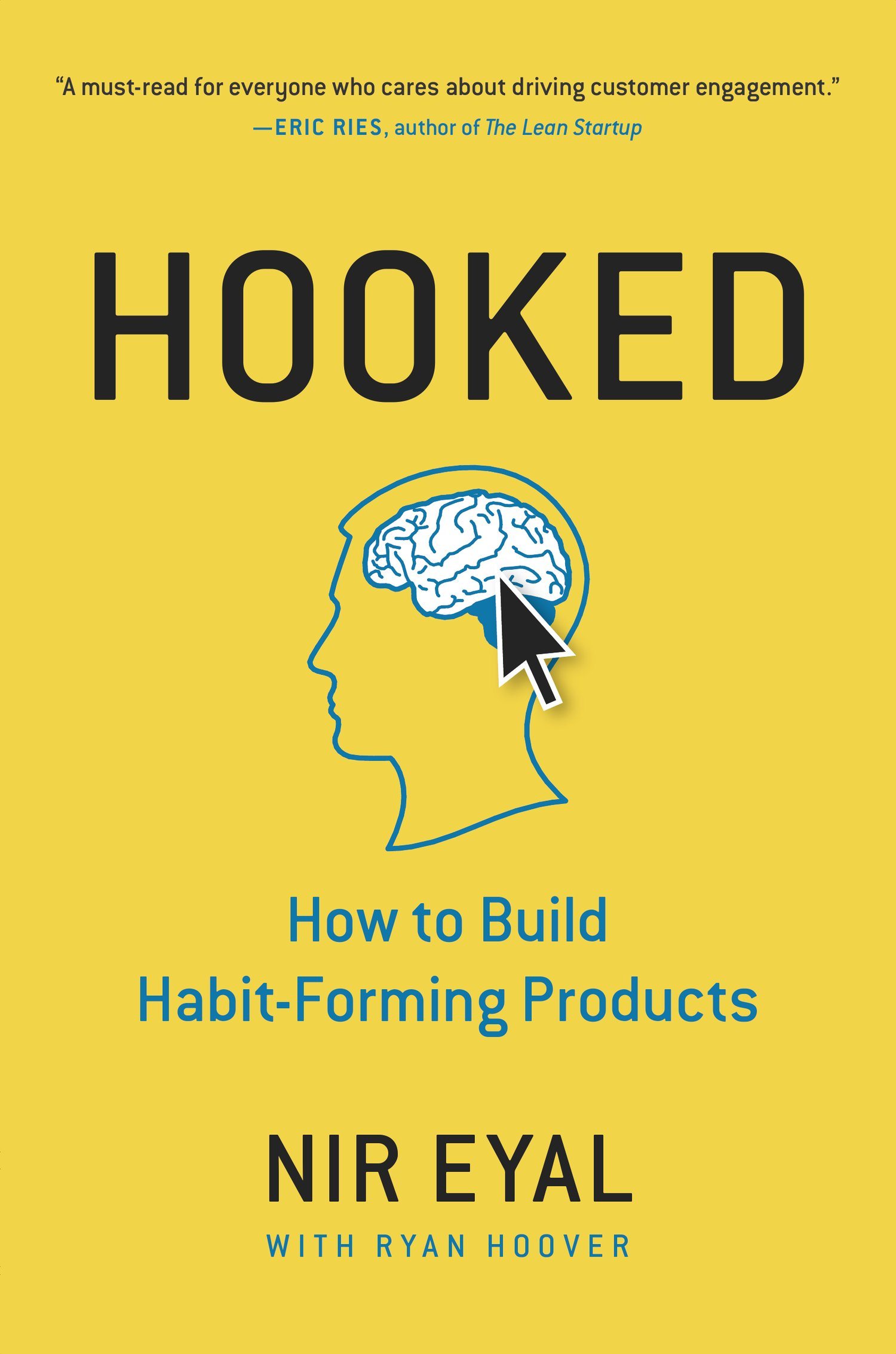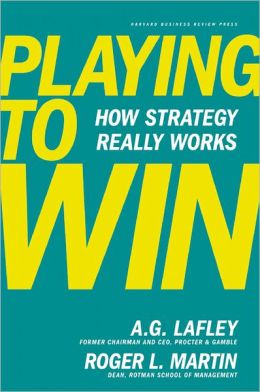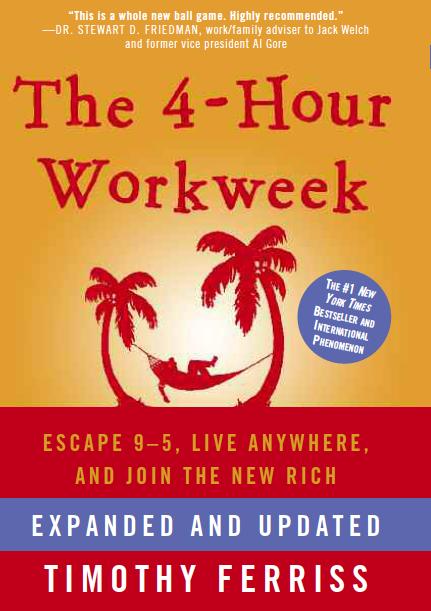There are essentially two main paths to success in business: either do it all on your own and make a lot of mistakes in the process, or learn from others’ mistakes and cut your learning curve considerably. If you’re like me, then you’ll prefer the latter route.
As an aspiring entrepreneur with a goal of building a profitable business, it might be worth taking the time to read a few books before you get started. You will still need to learn through your own failures, but why not get started on the right foot with a few tips from some experienced and successful entrepreneurs?
Since starting my first online business over 7 years ago, I have read over 250 business books, but these are the ones that have especially stuck with me.
1. Ask by Ryan Levesque
Ryan Levesque is a successful entrepreneur who left a corporate job in Shanghai, China to pursue his passion of starting an online business. Within a short period of time he was able to build over 20 successful companies online and hasn’t looked back since.
He used to be known as the “secret weapon” for many entrepreneurs, but after a health scare, he realized it was time to share his knowledge with the world. He created his “ask” formula to promote success – which are a series of questions and surveys that help you gain deep insights about your target audience.
Ryan Levesque’s book Ask made me look at internet marketing and online business in a new way. Instead of trying to “guess” what my prospective customers need or want, I now use his formula to glean new insights so that I can build solutions that my customers actually want. If you too want to succeed online and don’t want to waste time and money, then grab a copy of Ask.
2. DotCom Secrets: The Underground Playbook for Growing Your Company Online by Russell Brunson
DotCom Secrets is my favorite book from this list. I keep returning to it over and over again when I need to setup or optimize my sales funnels. And what better person to learn from than the master of sales funnels himself: Russell Brunson? Russell has been successfully building sales funnels for himself and his clients for as long as I can remember, but I never really took interest in his work until recently. He offered this book for free + shipping on his website, so I thought I’d see what he’d come up with. I wasn’t disappointed; it’s become my goto book for sales funnels ever since.
3. The $100 Startup by Chris Guillebeau
Could you really start up a business on $100 budget? Chris Guillebeau says you can and makes the case by interviewing over 1500 entrepreneurs on their journey to building successful startup companies – many who started with a modest budget of less than $100. Chris Guillebeau himself is an entrepreneur that has a knack for turning ideas into income online and travels the world while living running successful businesses online. This is a great book to pick up if you need some motivation and want to learn some hard-earned lessons from entrepreneurs that have made it online without large budgets.
4. The Art of Work by Jeff Goins
If you’re not starting a business with the single intention of making more money, and would like to do something meaningful – something around your true calling or life’s work — then look no further than the Art of Work by Jeff Goins. Jeff has decided to take a different approach than his colleagues stating that your life’s work isn’t something you follow, but rather something that happens out of tragedy. His book answers the question: what was I born to do? By the end of it, you should gain some clarity on what your vocation may be.
5. 80/20 Sales and Marketing: The Definitive Guide to Working Less and Making More by Perry Marshall and Richard Koch
You may have already heard of the 80/20 rule which states that 80 percent of your results come from 80 percent of your efforts. This powerful concept – called the Pareto principle – is elucidated beautifully in Perry Marshall’s book, 80/20 Sales and Marketing: The Definitive Guide to Working Less and Making More. Perry Marshall is known by many as the authority on Facebook and Google Adwords.
His goal in this book is to help business owners save time and money by using the 80/20 rule in their businesses and to boost productivity. When I first read this book, it cleared up a lot of areas for me including how to best use my time, money and effort to focus on the things that mattered in my personal life and business. I would recommend this book to anyone looking to get the most out of their time and money.
6. Nail It then Scale It: The Entrepreneur’s Guide to Creating and Managing Breakthrough Innovation by Nathan R. Furr and Paul Ahlstrom
I have read all of the lean startup books, but Nail It Then Scale It by Nathan Furr and Paul Ahlstrom – innovation and entrepreneurship experts – takes the cake. It essentially distills the lean startup methodologies and breaks it down step by step for aspiring entrepreneurs so that they have the best possible chance of building a profitable business. Their no-nonsense approach to building a business is a breath of fresh air, as they show you how build a business from the ground up. They say that the “reason most businesses fail is because they do the right things, but out of order”. So by learning the correct sequence to start a business, you have a much higher chance of success. If you want to start your business on the right foot, then check out this book.
7. Hooked: How to Build Habit Forming Products by Nir Eyal
Hooked by Nir Eyal — a behavioral design specialist that helps companies create habits that more effectively engage their users — is a book about building habit forming products. One of the questions he answers in the book is why some people create companies that keep users coming back for more, and why others fall flat? He gives many examples on how successful companies such as Facebook, Twitter and others have used the power of creating habit forming technologies to hook their customers. He outlines a simple 4-step process that believes is the underlying pattern of successful companies. Whenever I create products, I refer to this book because it’s an extremely intuitive, useful and effective way to create solutions that will keep people hooked.
8. Playing to Win: How Strategy Really Works by A.G Lafley and Roger L. Martin
Without a solid business strategy, you can’t win according to A.G. Lafley and Roger Martin. Together, they doubled Proctor and Gamble’s sales, quadrupled its profits, and increased its market value by more than $100 billion in ten years.
Their main goal in this book is to show you how to think strategically by asking 5 poignant questions: what’s your winning aspiration, where will you play, how will you win, what capabilities must you have in place to win, and what management systems are required to support your choices? By knowing the answer to these questions, you’ll position yourself to win in business.
In the book they give many examples and walk you step-by-step through each of these questions. I strongly believe that all aspiring entrepreneurs should have a strategy in place before they launch their business so that they have a solid roadmap. So whether you plan to start an online business, or build an offline empire, this is a book I’d recommend reading before launching it.
9. Launch by Jeff Walker
Jeff Walker is the father of product launches. He went from being a stay-at-home Dad to an internet marketing millionaire in a relatively short period of time using his product launch formula. His formula is relatively simple, and will work for anyone that plans to launch their product or service online. Anytime I do a product launch I refer to this book often since it shows you how to do it successfully step by step. This book is a culmination of all of Jeff’s hard work and successes with his clients who have created over half a billion dollars in sales. If you’re looking to launch online, then definitely consider this book.
10. The 4-Hour Workweek: Escape 9-5, Live Anywhere, and Join the New Rich by Tim Ferris
The 4-Hour Work Week by Tim Ferris was a game changer for me. When I first got started with online business, I was under the impression that I’d be stuck working 60 hours a week if I wanted to maintain my lifestyle and income. But I soon realized how wrong I was. Tim Ferris says that you can create a lifestyle in which you earn more money, and work less, if you automate your business. By setting up systems you can grow your business faster and work less hours. If you’ve been working at a 9-5, then this may seem like an esoteric concept, but it’s certainly attainable as many entrepreneurs have done this, including myself. If you’re looking to escape your desk job, then read the 4-Hour Work Week.

